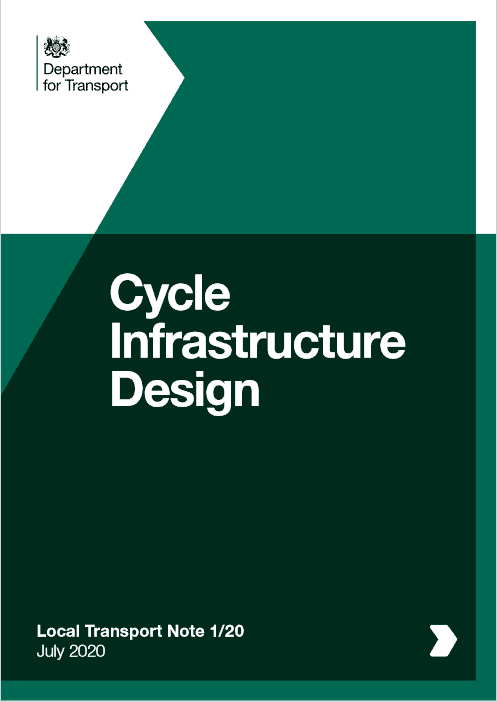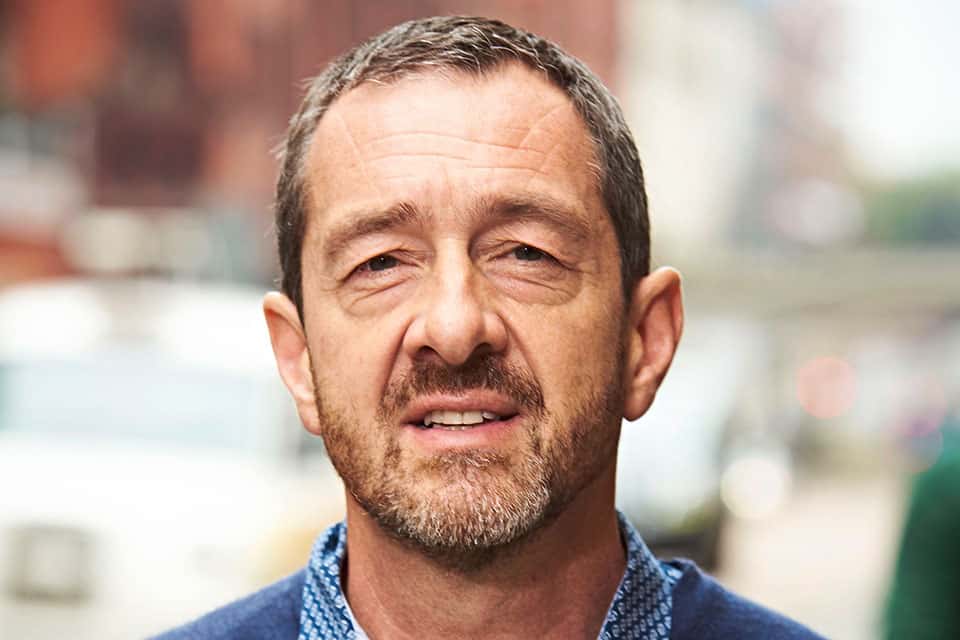The All Party Parliamentary Group for Cycling and Walking (APPGCW) recently hosted a webinar with Chris Boardman, the new Head of Active Travel England (ATE), and Brian Deagan, the interim Head of Inspection at ATE. After presenting a quick overview and update on the development of ATE, Chris Boardman and Brian Deegan responded to questions from webinar attendees. Rick, from our Campaigns and Policy team, asked how they would ensure that ATE met the access needs of Disabled people:
What are ATE’s plans to help remove the barriers that go up in the cycle routes currently preventing active travel by those on non-standard cycles?
From our point of view, if we see [any barriers], we’ll be asking for them to be removed or changed and asking local authorities to replace them with something that is in line with the Equality Act. We have methods [of preventing path misuse] that are effective. Whether we go after all the ones that are out there we will certainly provide best practice but I don’t know if we will have the remit to remove them.
How are ATE planning to support the Disabled community gain mobility justice, considering that most micro-mobility solutions and schemes aren’t currently accessible to those who currently have the poorest mobility, such as wheelchair users and people with Visual Impairments?
[Micro-mobility schemes aren’t currently with the remit of ATE.] In terms of strategy, it’s my intention there will be Disability representatives on board so that they will be consulted and part of the decision making process from the start. It’s much harder for a council to side-step barrier removal when talking directly to a Disabled person, it helps promote.
From a technical side, we’re looking to implement LTN 1/20 [and the] Manual for Streets, and it’s fundamental that the way we asses it is done for all people, and it’s fundamental we don’t leave access to the last.
This is really good news, and the focus on including Disabled people and considering access needs from the start is a much more appropriate approach than is usually taken. Hopefully their determination to prevent barriers being installed, and to remove existing ones, will support our current #BashTheBarriers campaign.
Chris Boardman was clear that he wanted inclusion to be a key part of his legacy – not just for the Disabled community, but also for greater inclusion of women, the LGBTQIA+ community, and those from the global majority. Recognising that there are insufficient people with expertise in active travel and accessibility, ATE intends to develop apprenticeships and other schemes to fill the gap and to support more underrepresented groups into the transport sector. This is evidently a rapidly growing sector: active travel is a key part of many government policies, and ATE plans to recruit at least 100 people in this year alone.
We’re really excited to see what will come next for the industry, and how Chris Boardman and Brian Deegan foreground inclusion and accessibility as they build this new organisation.

